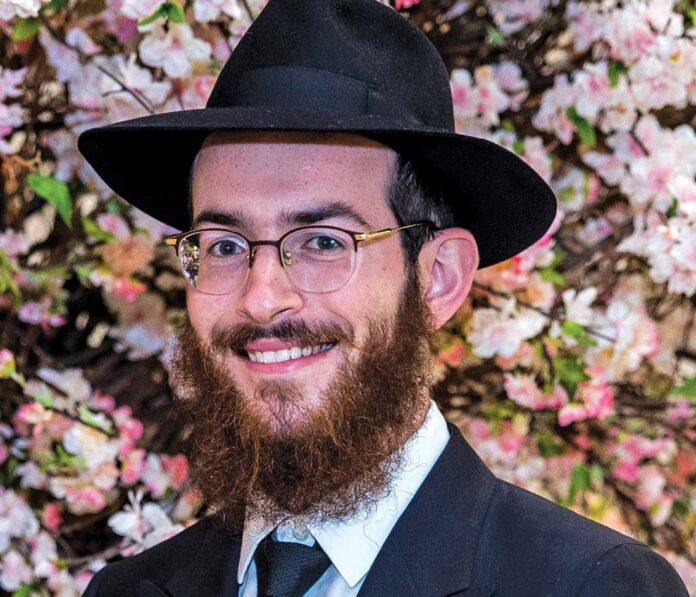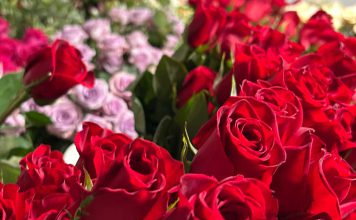P.T. Barnum famously said, “There’s no such thing as bad publicity.” What he meant by that was that it doesn’t matter as much what people are saying about you as long as they’re talking about you. The worst feeling is not when someone speaks ill of you, it’s when they don’t remember you at all.
One of humanity’s greatest fears is to die alone, not to be remembered, not to leave a legacy behind.
In several weeks, the Jewish community will observe the holiday of Rosh Hashanah—which begins at sunset on Sunday, Sept. 25 and continues through nightfall on Tuesday, Sept. 27. Rosh Hashanah is commonly known as the Jewish New Year, but it also has another name: Yom Hazikaron—the Day of Remembrance.
On this day, G-d brings to mind each and every one of us; every creation, large and small. G-d judges our actions and deeds and decrees what type of year we will have—will it be a year of plenty or of want; of health or of illness; of satisfaction or of angst.
Of course, we want to be remembered positively, so there are a number of customs and observances we do before and during Rosh Hashanah to place us in a more positive light on the Day of Remembrance. For a month leading up to Rosh Hashanah we spend a little extra time each day in prayer and introspection, pushing ourselves to become the best version of ourselves we can be.
Then, on Rosh Hashanah itself, we kick the prayerful wishes for a good year into high gear. The Rosh Hashanah dinner is replete with foods that symbolize our hope for a good, sweet and successful year: we dip sweet apples into honey and add sweet raisins to the challah bread and pray for “a good sweet year.” We eat the head of a fish in a symbolic prayer that we be leaders. And Jewish communities around the world have beautiful customs to eat foods whose names have positive connotations in the local language. For example, many eat carrots, whose Yiddish name—meren—also means to multiply, praying that we have a year of growth.
And central to Rosh Hashanah is the sounding of the shofar, an instrument made from a ram’s horn. The shofar reminds G-d of the righteous deeds of our ancestors, and it reminds us that we should do our best to follow in their ways, so we’re remembered for good.
If you’d like to observe Rosh Hashanah with us, we’ll be gathering on Monday, Sept. 26 at the Morgan Hill Duck Pond at 171 W Edmundson Ave. at 5:30pm. At this short Service we will welcome the Jewish new year with the sound of the shofar, and we’ll observe another Rosh Hashanah custom: Tashlich, when we pray at a body of water that G-d should “cast our sins into the depths of the sea.”
From our family to yours, I wish you a meaningful—and memorable—Rosh Hashanah and a good and sweet new year.
Rabbi Mendel Liberow is the director of Chabad South County Jewish Center in Morgan Hill, which offers Jewish education, outreach and social service programming for families and individuals of all ages, backgrounds and affiliations. For more information, visit JewishMH.com.
Please be in touch with any comments, questions or feedback at so**************@***il.com.














